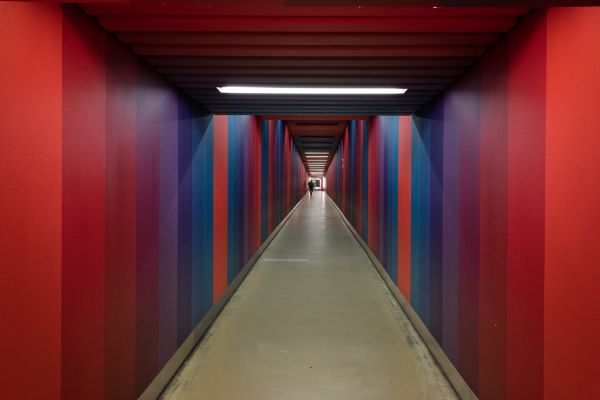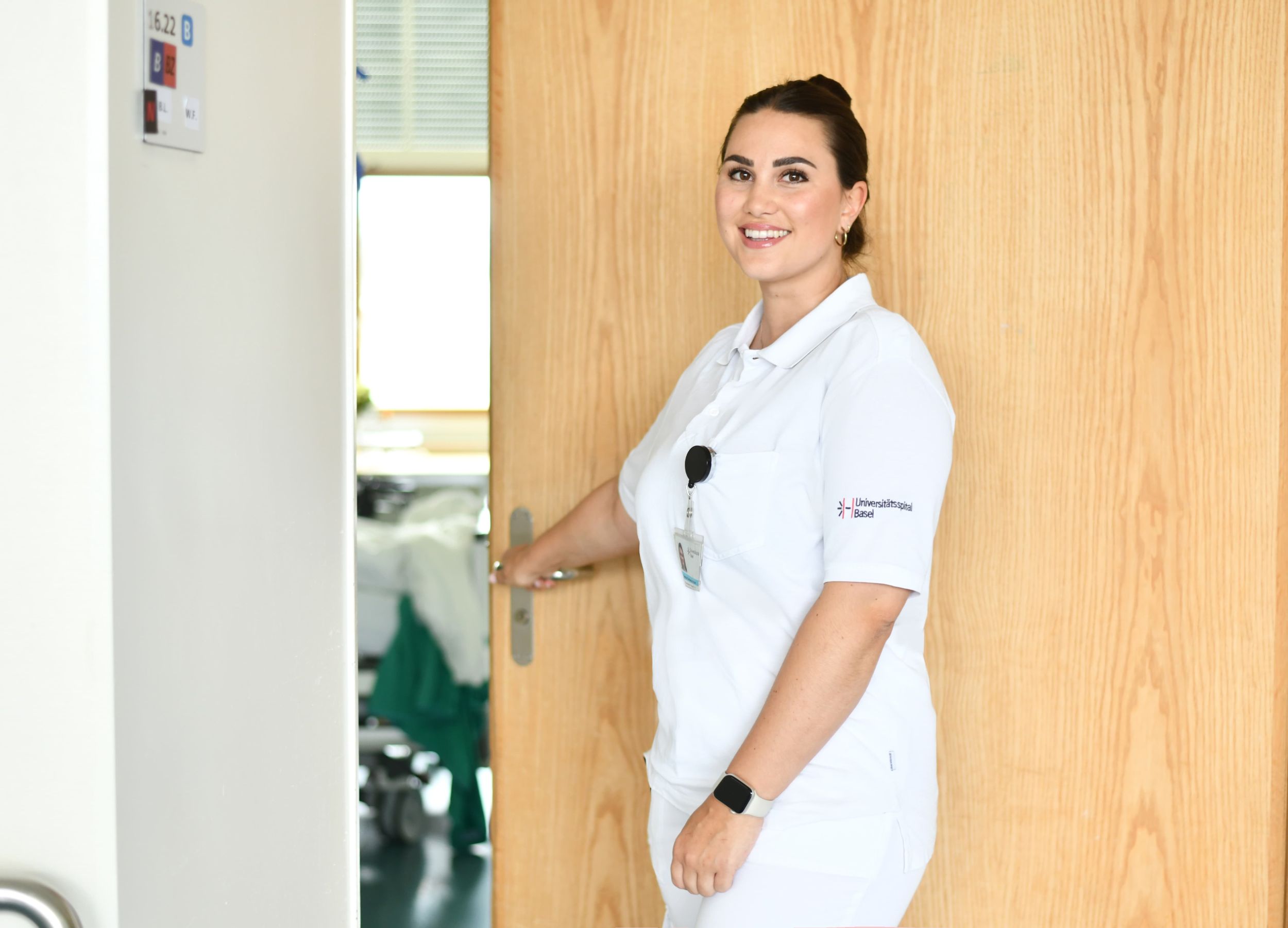
Annual report 2023
Investment in personnel is particularly important in difficult times
Kennzahlen 2024
USB
43'338
stationäre Patientinnen und Patienten
8'115
Mitarbeitende
Konzern
1,5
CHF Mrd. Umsatz
6,2 %
EBITDAR-Marge
Interview with Chairman of the Board of Directors Robert-Jan Bumbacher and Director Werner Kübler
The University Hospital Basel (USB) is in the red. Nevertheless - or precisely for this reason - it is important to invest in the working conditions of employees and in efficiency. In order to strengthen the backbone of regional healthcare for the future.
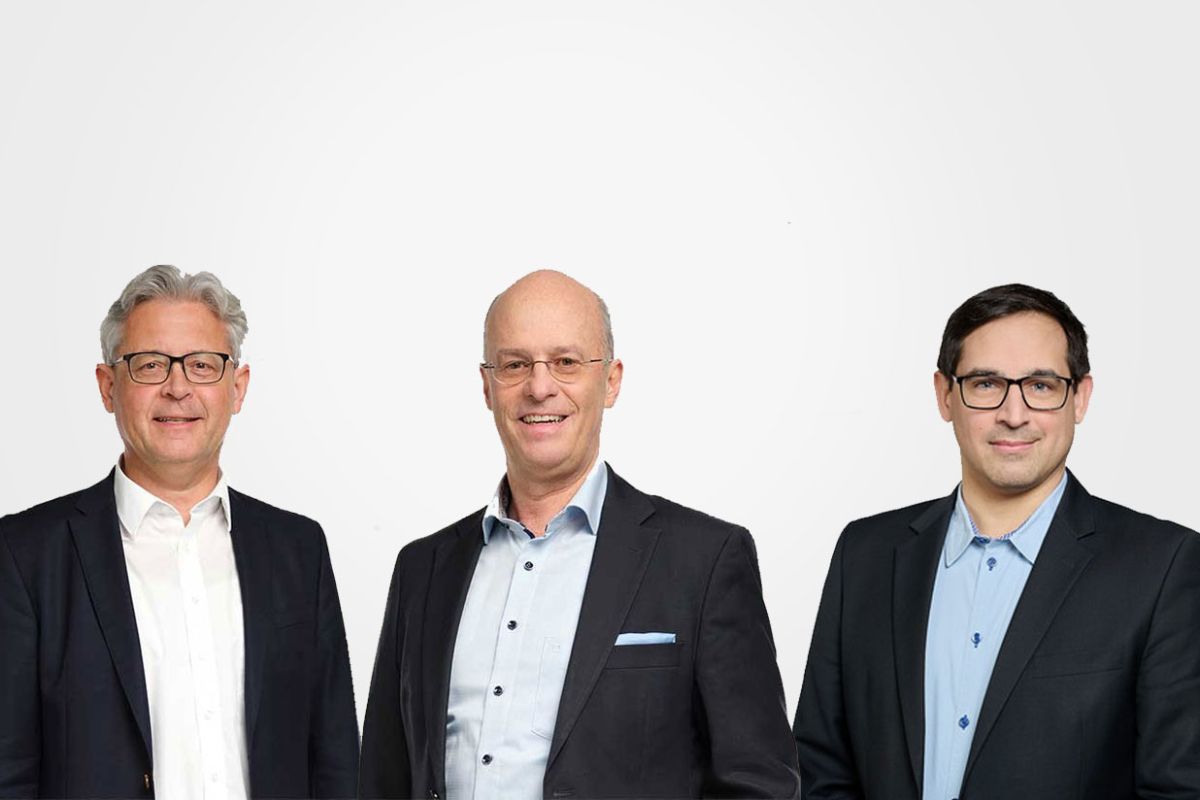
A year ago, the USB was still able to report a profit, but now the result is a significant loss. How did this come about?
Bumbacher: This is largely due to the general economic climate, particularly in the healthcare sector, and even more specifically in the large central and university hospitals. In contrast to most other comparable hospitals, the University Hospital Basel was still able to remain in the profit zone in the previous year. However, the USB also suffered a significant loss in the 2023 reporting year. This was mainly due to a combination of various factors, such as insufficient financial compensation for our services and the sharp rise in prices in all areas, such as medical supplies, electricity and wage costs.
Kübler: There are also internal factors. After the pandemic, we are once again seeing pronounced seasonal fluctuations in patient volumes, which was hardly the case before. Added to this is the shortage of specialist staff. These circumstances make capacity planning more challenging. We have taken measures to deal with these challenges and are joining forces to implement them. This means that we use our resources as economically and effectively as possible and continuously improve our processes. Our employees are the most important factor here: They do an excellent job.
Nevertheless, the USB continues to invest in staff, digitalization and the building infrastructure. How do you explain this?
Bumbacher: The USB has a clear mission: to ensure that the city, the region and its population are provided with excellent quality healthcare services in the long term. As a strong backbone of the regional healthcare system, the USB has a responsibility to invest in basic care, maximum care, cutting-edge medicine, training and research at the right time.
Kübler: We are also guided by practical necessities: Medicine is developing at an incredible pace. We have to regularly update our infrastructure, be it digital or structural. The fact that more and more services can be offered on an outpatient basis does not mean that a university hospital needs far fewer inpatient beds, for example. But it does mean that our processes are constantly changing. This has an impact on our staff, in whom we are constantly investing to keep working conditions attractive.
«Das positive Resultat ist sehr erfreulich und spricht für die Leistungsfähigkeit und Agilität unserer Mitarbeitenden und unseres universitären Spitals.»


Dr. med. Werner Kübler, Hospital Director
If we stay with personnel: The USB, like the entire industry, is struggling for skilled workers. What are we doing here?
Bumbacher: Despite the financial situation, we are consciously investing in staff. Being an attractive employer is essential in order to be able to provide services for patients around the clock. We have once again granted the cost-of-living adjustment and made targeted investments in attractive working conditions, both for nursing staff and for assistant and senior physicians.
Kübler: For these professional groups in the hospital's core business in particular, it's not "just" about pay. Investment in working conditions is just as important. These include, in particular, the compatibility of work and family, training and further education, and the organization of shift and on-call duty. For the hospital, this is associated with organizational as well as economic challenges. It also needs the support of politicians and society. Ultimately, the question is: how much is a well-functioning healthcare system in which people enjoy working worth to us?


Robert-Jan Bumbacher, Chairman of the Board of Directors USB
«(...) wir haben sowohl den Spatenstich für den Ersatzneubau des Klinikums 2 gefeiert als auch die Vergabe der offenen Datenplattform für unsere Vision eines «Data Driven Hospital» entschieden. Wir gehen im Bereich der Digitalisierung in der Schweizer Spitallandschaft einen innovativen Weg.»
The pandemic has been declared over, but the USB is still seeing record numbers of patients. Why is this?
Kübler: We are seeing this phenomenon throughout the hospital sector. Patient numbers are rising and there are a number of reasons for this. On the one hand, it is certainly the demographic trend: we are getting older and older and the baby boomers are now at an age where they have a whole range of age-related illnesses. On the other hand, medical progress means that we have effective treatment options for more and more diseases. The centers are disproportionately affected by these developments, as this is where these patient flows come together.
Bumbacher: We should not forget: This trend is clear proof that we are doing an excellent job at the USB. It shows very clearly that the USB is the backbone of healthcare in Northwestern Switzerland. I would like to express my thanks to all employees for this outstanding work.
«Uns ist eine eindrückliche Kurskorrektur gelungen. Wenn wir den Weg zu digitalisierten, intelligenten Prozessen konsequent weitergehen, wird das USB seine Rolle als gestaltendes, führendes Zentrum von Innovation und Forschung, von Versorgung und Ausbildung weiter stärken können.»


Robert-Jan Bumbacher, Chairman of the Board of Directors USB
News from the USB
The Board of Directors
The Board of Directors is the supreme management body of the company. The Board of Directors constitutes itself. The election of the Chairman by the Government Council is reserved. The Board of Directors delegates the management of the company in its entirety to the hospital management, unless the law or the organizational regulations provide otherwise. The Board of Directors is responsible for the overall management, supervision and control of the management.

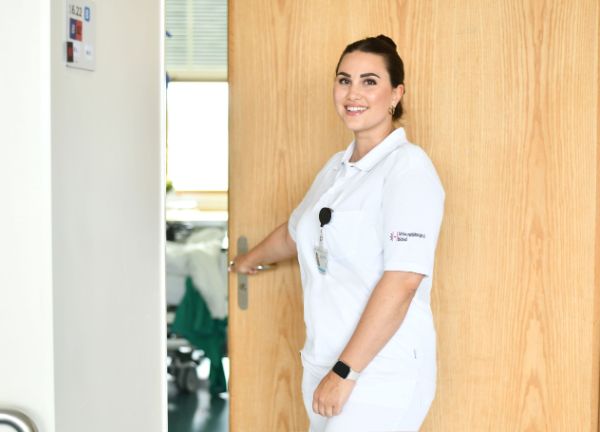



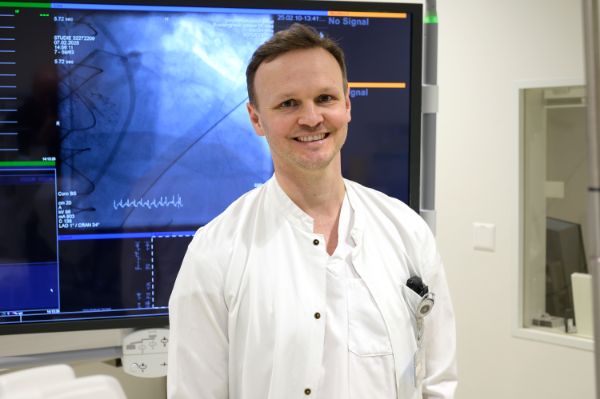
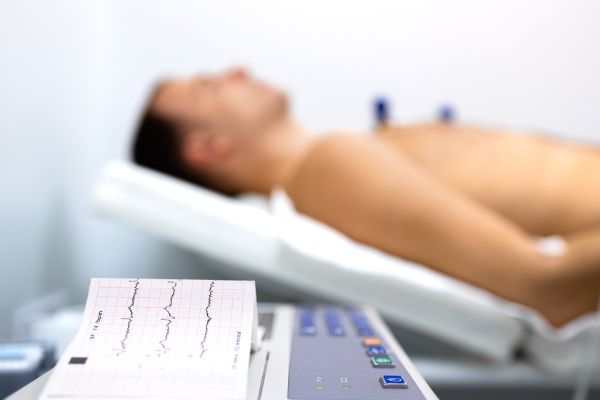

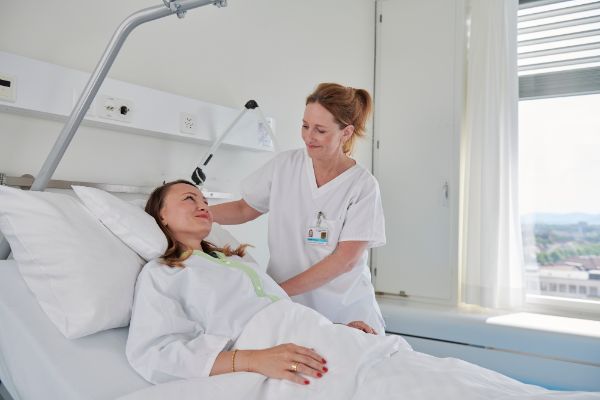
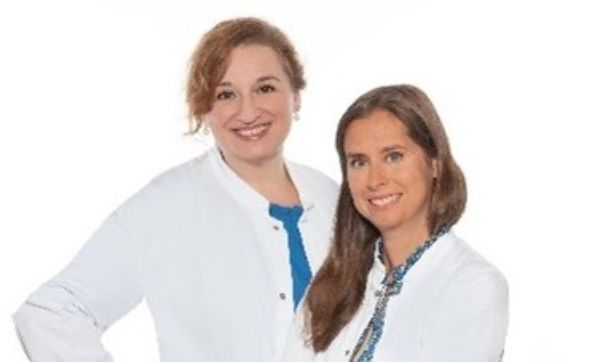
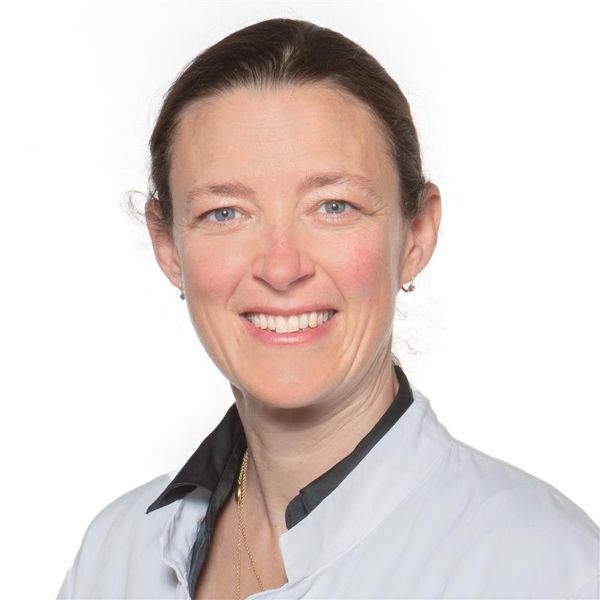

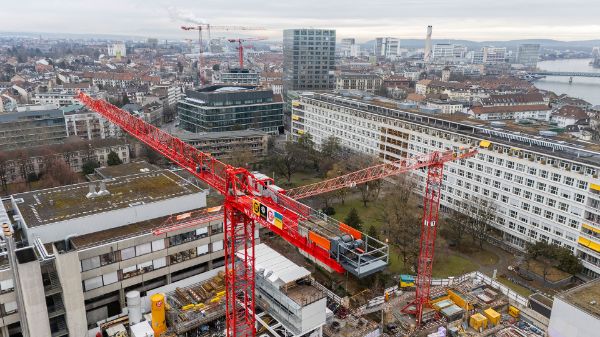

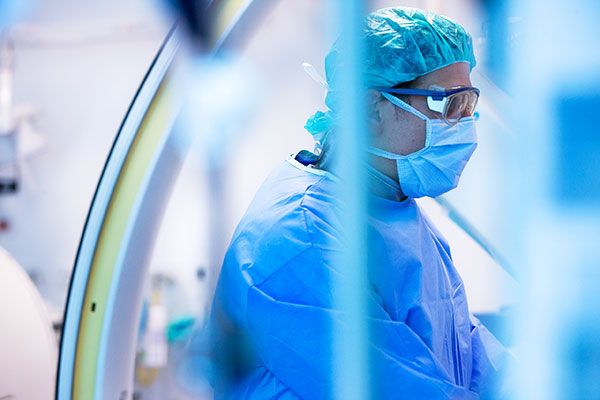

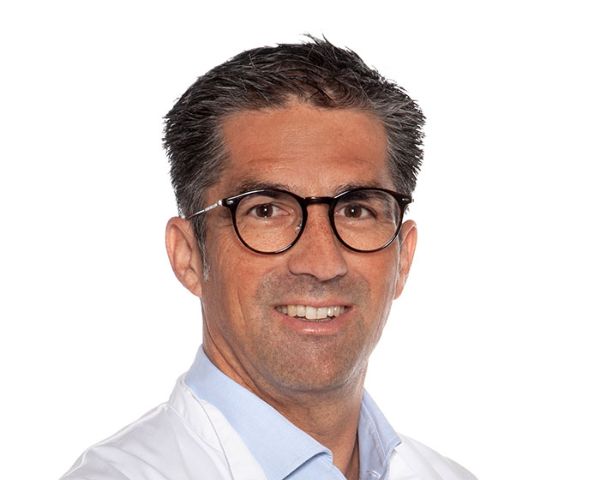


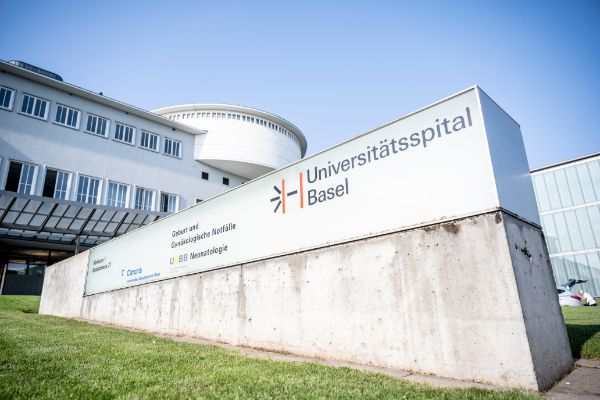
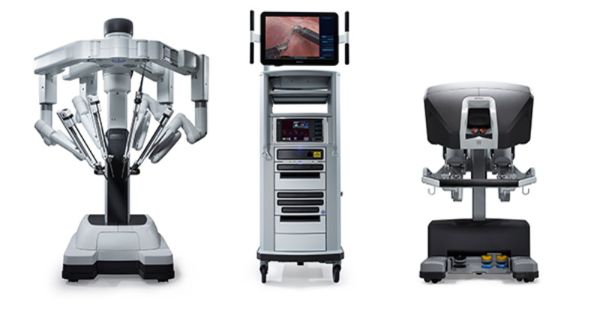
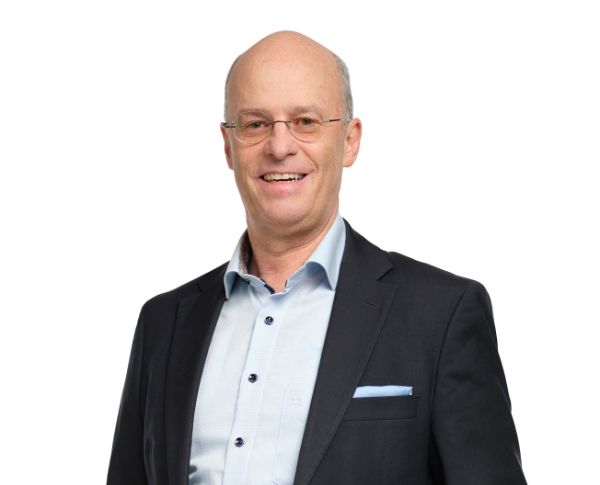
_web.jpg/jcr:content/24.09.01.EMYL_PantonGang_Def(5)_web.jpg)

